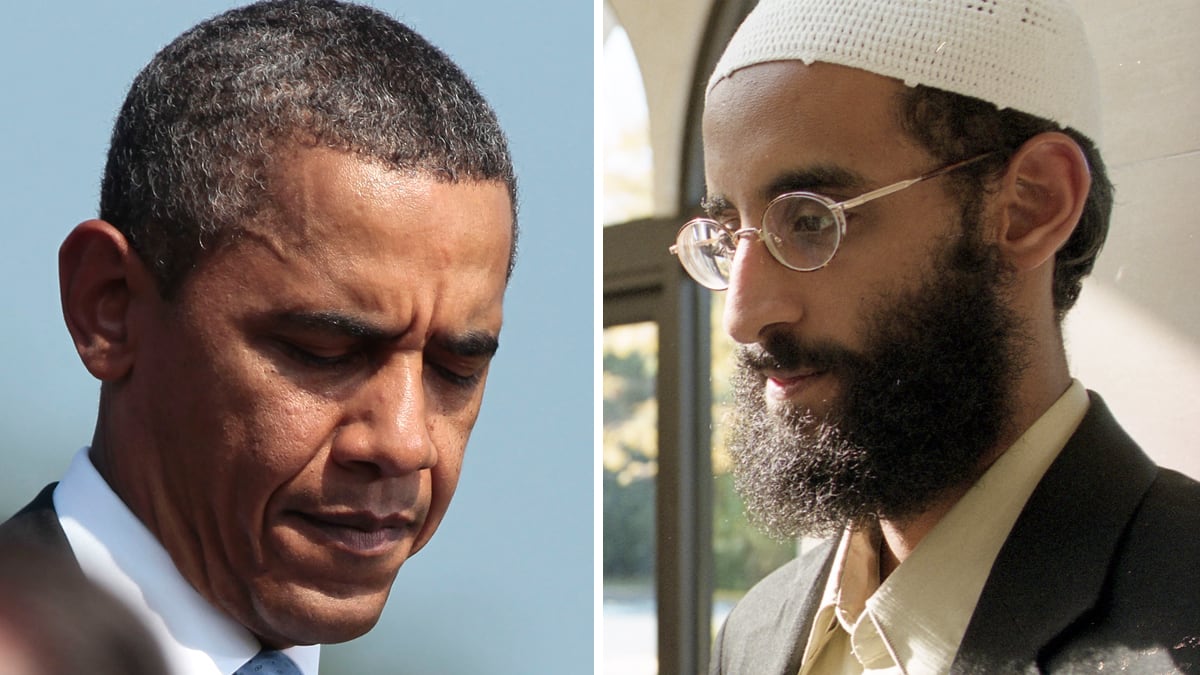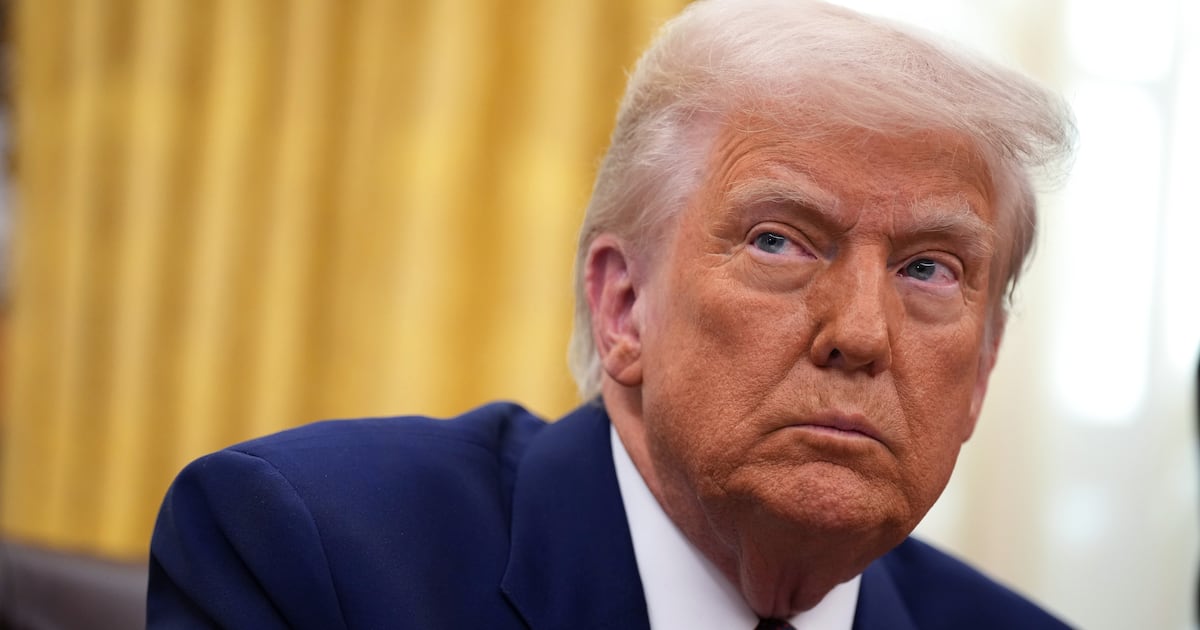Last week Attorney General Eric Holder seemed to confirm what many have long suspected: that the Obama Administration’s Office of Legal Counsel prepared a secret memorandum authorizing the targeted killing of U.S. citizens living abroad. Until these killings began, the idea that an elected official could be judge, jury, and executioner was just an empty expression. But when Hellfire missiles from Predator drones killed American citizens Anwar al-Awlaki and Samir Khan on September 30th, it appeared that the Obama Administration had transformed metaphor into policy.
Despite Holder’s ambiguous acknowledgment of its existence, the memorandum—purportedly prepared by administration lawyers to justify these acts—remains unreleased. But even without holding the memo in my hands, I feel confident saying one thing: These killings were, and will continue to be, lawless.
For starters, we can assume the memo takes as true what the Obama Administration has said about al-Awlaki. According to the government, at least two of the 9/11 hijackers attended a Washington, D.C., area mosque where al-Awlaki was the imam and delivered incendiary sermons. Al-Awlaki presided at the funeral of the mother of Nidal Hasan, the accused Fort Hood shooter (and another worshipper at the mosque). Al-Awlaki’s phone number was found in the German apartment of the supposed 20th hijacker. He has been connected to the unsuccessful effort to blow up an American airliner on Christmas Day 2009, to recent efforts to place bombs on commercial aircraft destined for the United States, and to an article that called for the murder of, among others, a cartoonist living in Seattle.
All of this may be accurate, or it may not be. It is useful, in reviewing the presumed factual predicate for the government’s supposed legal analysis, to recall a few names: Richard Jewell, who did not set off a bomb at the Atlanta Olympics in 1996; and Steven J. Hatfill, who had nothing to do with sending lethal anthrax powder through the U.S. mail. And let’s not forget Saddam Hussein’s weapons of mass destruction which never existed.

The list goes on. The point, of course, is that accusations—even by seemingly confident government officials possessed of reams of intelligence—often prove untrue. This is why our legal system presumes a defendant’s innocence, and it’s why we have trials by jury. It’s also why we are supposed to have checks and balances.
Even without a trial, there are clearly circumstances under which American authorities may kill American citizens. In U.S. cities, police may shoot and kill suspects who present a risk to officers or bystanders. On the battlefield, U.S. troops do not need to examine the passports of those who are firing at them before firing back. Presumably, the Obama Administration memo relied on both these types of scenarios, as well as legal authority from the World War II era, to justify the targeting of al-Awlaki and other U.S. citizens. But it is quite wrong for anyone, in or out of the White House, to suggest that these assassinations are somehow necessary to keep Americans safe.
Over at his New York Review of Books blog, David Cole has for months been single-handedly undermining the secret, unarticulated legal bases supposedly justifying these assassinations (see, for example, here and here). But putting to the side these and other cogent criticisms that focus on formal legal questions—such as whether the U.S. and al Qaeda are actually “at war” in the constitutional sense, or whether a CIA officer in civilian clothes, sitting in front of a computer monitor, is permitted the same freedom to kill an enemy combatant that would be afforded to a uniformed soldier on a traditional battlefield—the central reason the Obama Administration’s act was lawless is that in all the scenarios where the intentional killing of a U.S. citizen is permitted, there is a legal principle at work: the principle of immediacy. When a hostile actor presents an “immediate” threat, the Constitution does not disable authorities from responding to that threat with lethal force.
It is obviously impossible for a legal principle to define precisely what “immediate” means in all circumstances. But if al-Awlaki presented an immediate threat, then “immediate” means anything, and therefore it means nothing at all. It is one thing to kill someone who is brandishing a weapon or assembling a bomb or strapping an explosive-filled vest onto a suicide bomber. It is quite another to kill someone who is arguing on YouTube that America is evil, no matter how articulate or charismatic he or she happens to be.
Perhaps al-Awlaki did more than engage in protected First Amendment activity. But like virtually everyone else in America, I do not know. If he did, it may have been possible to execute him lawfully, and thus to safeguard national security without violating the Constitution.
How would that have worked? Congress could have enacted a statute specifically identifying procedures for trying people like al-Awlaki without their being present in a courtroom. In that case, al-Awlaki, even in his absence, would have been provided counsel, and those lawyers would have tested the veracity of the charges—charges we all have heard, but that none of us can possibly evaluate without adversarial testing, including subjecting the government’s case to the crucible of cross-examination.
Congress could also have provided the death penalty for people found guilty of treason, or, if it was concerned about assassinating U.S. citizens, it could have stripped them of their citizenship in such trials and then authorized targeted executions overseas.
In each of these scenarios, al-Awlaki’s lawyers would have had the opportunity to challenge the constitutionality of the punishment, and the courts would have addressed the legal issues they raised before the missiles could be fired. In other words, the judicial branch would fulfill its Constitutional mandate to check the executive branch, instead of turning loose the President to act like a dictator.
And if the government was legitimately concerned about security, it could have taken its concerns to the presiding judge, who could have directed that the trial be conducted in secret. Alternatively, if a judge threw out a suit after President Obama signed an order authorizing the assassination, Congress could have stepped in and provided the grounds for a case like the one al-Awlaki’s parents filed challenging his killing.
All this isn’t mere hypothesizing: The roadmap for holding secret trials designed both to protect classified material while also leading to convictions (and executions) already exists. Sometime this year, the Obama Administration expects to try Khalid Sheikh Mohammed, the supposed architect of 9/11. Nine years ago Mohammed was captured in Pakistan. Over the next three years, he was interrogated repeatedly—including, by some reports, 180 instances of waterboarding. For the past six years, he has resided at Guantanamo Bay. A special courtroom was constructed just for his trial. Accredited journalists will be able to watch the trial on a secure video stream, and military censors will reportedly be able to interrupt the live stream when classified issues arise. It may not be a trial that would make the Constitution’s framers proud, but it’s still a far cry from what al-Awlaki got.
I will confess that al-Awlaki’s death does not make me weep. But the manner of his death reveals an America where fear continues to drive our legal analysis and consumes legal principle. Until last September, the rule of law in America seemed to mean that, at the very least, U.S. citizens could not be assassinated on the sole basis that the President has unilaterally concluded that killing them would make us safer.






